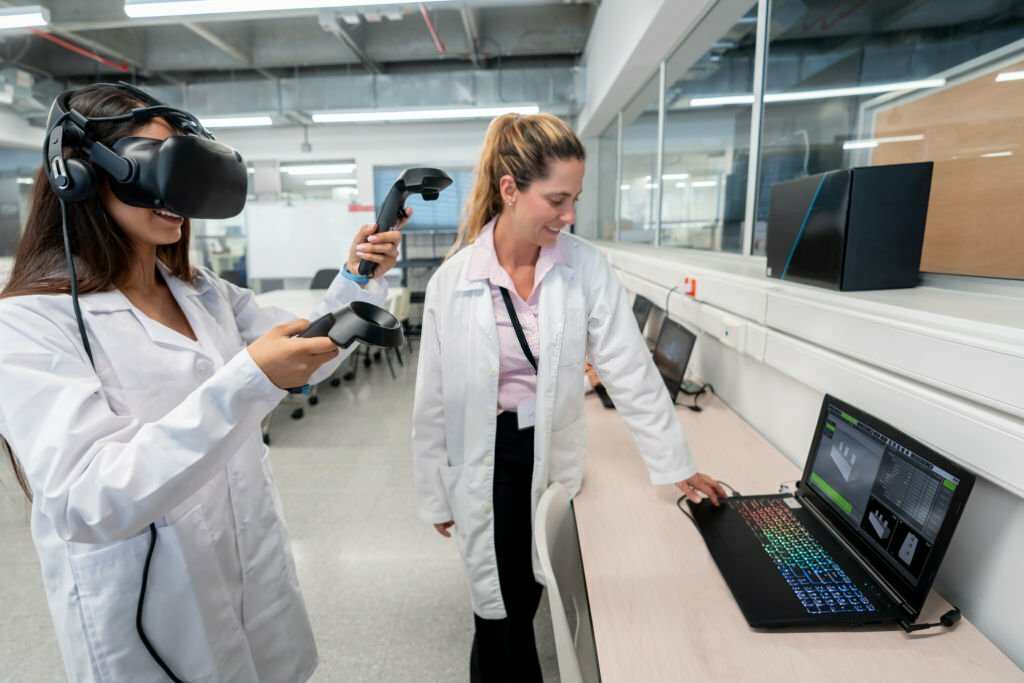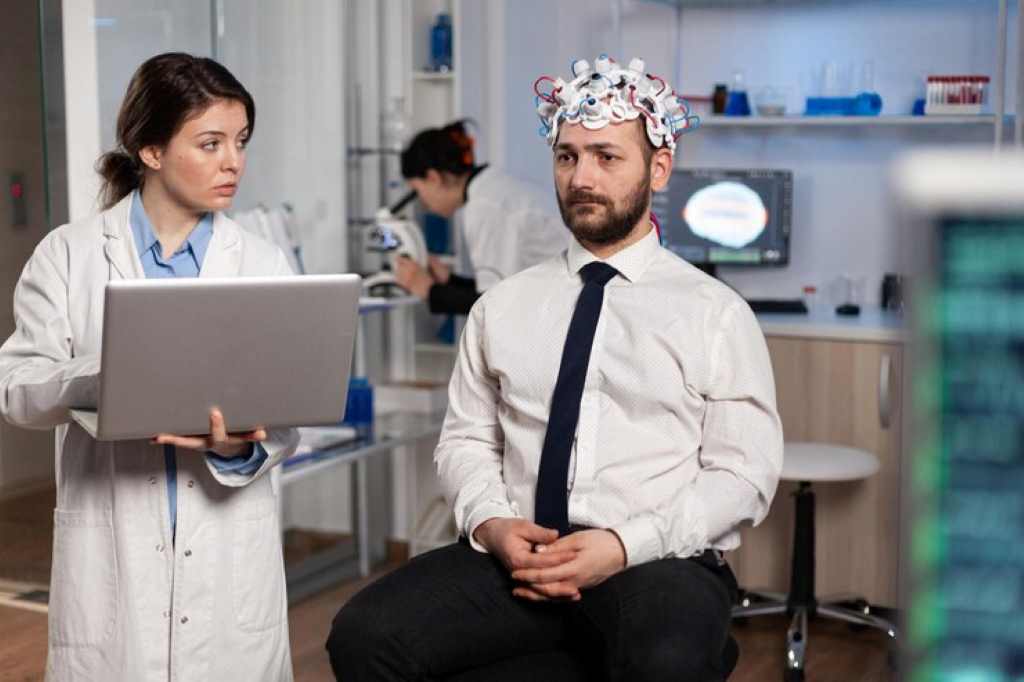In the realm of healthcare, early detection and intervention play a pivotal role in managing various medical conditions.
When it comes to cognitive health, timely identification of potential issues can significantly impact the course of treatment and improve patient outcomes.
This article explores the benefits of early cognitive detection through brain health assessments in medical centers.
Understanding Cognitive Health
Before delving into the advantages of early detection, it’s crucial to grasp the concept of cognitive health. Cognitive health refer to the ability of the brain to perform functions such as learning, reasoning, remembering, and problem-solving skills.
Any decline in cognitive abilities can be an indicator of underlying issues, ranging from normal aging to neurological disorders like Alzheimer’s disease.
Benefits of Early Detection
Early detection of cognitive decline through brain health assessments is critical to understanding and managing the impact of diseases like Alzheimer’s. Early detection can lead to better management of symptoms, timely interventions, and improved quality of life.
Additionally, early detection can lead to earlier diagnosis, treatment, and increase the likelihood of successful management. Early detection is essential for providing the best care to patients and their families.
1. Slowing Disease Progression
In cases where cognitive decline is associated with progressive diseases like Alzheimer’s, early detection can help in slowing down the progression of the condition.
While some cognitive decline may be inevitable with aging, certain interventions can make a significant difference in preserving cognitive function and enhancing the quality of life for individuals affected by these conditions.
2. Tailored Treatment Plans
Early cognitive detection allows healthcare professionals to develop personalized treatment plans based on the specific needs of the patient.
Different cognitive issues may require distinct approaches, and identifying them early ensures that interventions are targeted and effective.
Whether it’s cognitive exercises, medication, or lifestyle adjustments, early detection paves the way for tailored cars.

Brain Health Assessments: Tools for Early Detection
Brain health assessments provide medical centers with the ability to detect early cognitive changes and other signs of neurological diseases.
Benefits of early detection can include more effective treatments, improved quality of life, and prevention of further disease progression.
Such assessments are important tools to help medical centers identify any potential brain health issues in their patients.
1. Cognitive Testing
Cognitive testing is a fundamental component of brain health assessments. These tests evaluate various aspects of cognitive function, including memory, attention, language, and executive function.
By comparing an individual’s performance to established norms, healthcare professionals can identify subtle signs of cognitive decline even before noticeable symptoms manifest.
2. Brain Imaging
Advanced imaging techniques, such as magnetic resonance imaging (MRI) and positron emission tomography (PET), provide valuable insights into the structural and functional aspects of the brain.
These tools can detect abnormalities, such as atrophy or the presence of beta-amyloid plaques, which are indicative of conditions like Alzheimer’s disease.
3. Biomarker Analysis
Analyzing specific biomarkers in bodily fluids, such as blood or cerebrospinal fluid, can offer additional clues about the stаte of cognitive health.
For instance, elevated levels of certain proteins may signal neurodegenerative processes. Integrating biomarker analysis into brain health assessments enhances the diagnostic precision and allows for early intervention.

Role of Medical Centers
Medical and healthcare centers uses advanced technology for brain health assessment, ensuring precise and early detection of cognitive issues, leading to tailored interventions and improved patient outcomes.
Access to specialized tools such as MRI and PET scans allow early detection and diagnosis of conditions such as dementia.
This can result in early intervention that can reduce the severity of symptoms, improve quality of life, and prolong independence.
Additionally, medical centers can provide regular assessments to monitor changes in cognitive functioning.
- Accessibility to Specialized Services: Medical centers are equipped with specialized facilities and expertise, making them ideal hubs for comprehensive brain health assessments. Access to a range of diagnostic tools and healthcare professionals ensures a thorough evaluation of cognitive function, enabling early detection of potential issues.
- Multidisciplinary Approach: Cognitive health is a complex aspect of overall well-being, and addressing it requires a multidisciplinary approach. Medical centers bring together professionals from various fields, including neurology, psychology, and geriatrics, to collaborate on comprehensive assessment and develop holistic treatment plans.
- Educational Initiatives: Medical centers also play a crucial role in raising awareness about the importance of cognitive health. Educational initiatives aimed at both healthcare professionals and the general public contribute to early detection by promoting regular brain health assessments as part of routine healthcare.
Future Directions
Early cognitive detection through brain health assessments in medical centers can help identify potential issues and intervene quickly.
Future directions should focus on improving quality of assessments, expanding access, and researching preventative measures.
Technology can help streamline assessments and make them more accurate. Broadening access to assessments can help identify and treat potential issues earlier.
Research should continue to explore preventative measures, such as lifestyle changes, to help reduce the risk of cognitive decline.
1. Integrating Cognitive Health into Primary Care
To minimize the impact of early detection, efforts should be made to integrate cognitive health assessments into routine primary care.
This shift would make cognitive screenings a standard part of healthcare check-ups, facilitating early intervention and reducing the burden on specialized medical centers.
2. Technological Advancements
The future of early cognitive detection lies in technological advancements. Continuous research and development in areas such as artificial intelligence and machine learning may lead to more sophisticated tools for early diagnosis.
These technologies have the potential to enhance the accuracy and efficiency of brain health assessment

Conclusion
Early cognitive detection through brain health assessments in medical centers offers a myriad of benefits, from tailored treatment plans to slowing the progression of cognitive decline.
As technology continues to advance and awareness grows, the integration of cognitive brain health assessment into routine healthcare practices holds the promise of improving the lives of individuals at risk of or experiencing cognitive issues.
By embracing the significance of early detection, we take a significant step toward enhancing overall cognitive well-being and promoting a healthier society.




